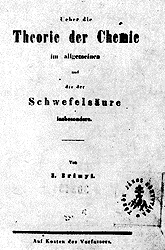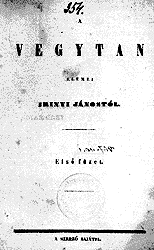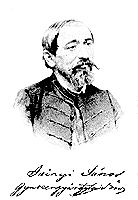
(1817-1895)
Irinyi was born on 17 May in 1817 in Nagyléta (East Hungary). He went to secondary school in Nagyvárad and he was a student of law in Debrecen College. He studied chemistry at the Polytechnicum of Vienna. An unsuccessful experiment of his professor, Meissner, gave him the idea to replace potassium chlorate with lead dioxide in the head of phosphorous match. He invented hereby the "noiseless" safety match and sold the invention to István Rómer, a match manufacturer. Later he studied agriculture and graduated from the Hohenheim Agricultural College (Germany).
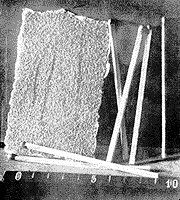
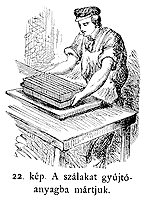
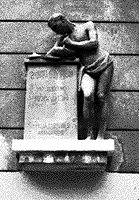
process
(Budapest,
Mikszáth Kálmán tér)
